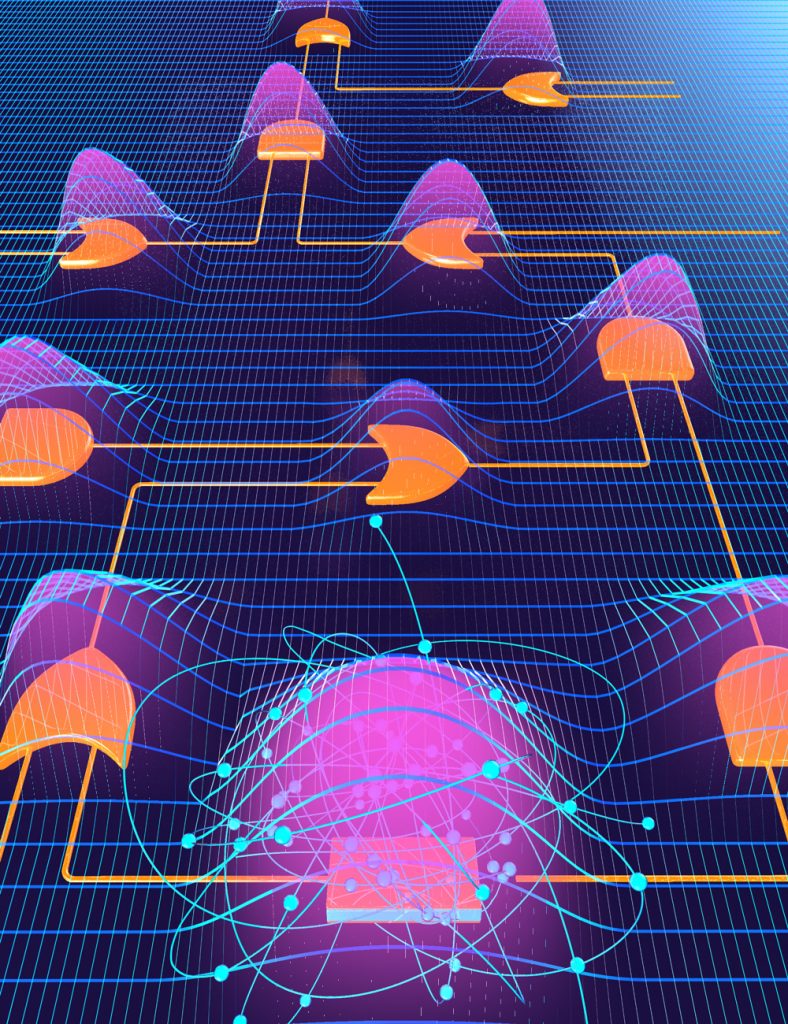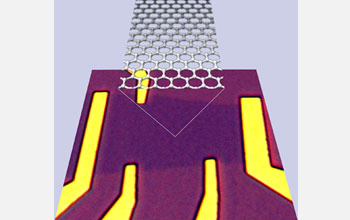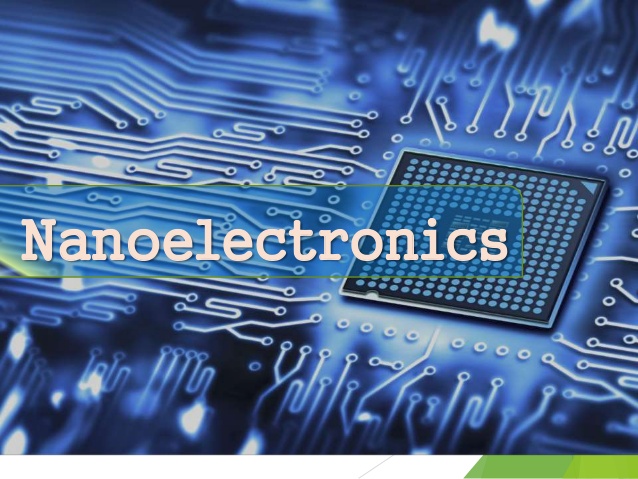(molecular nanoelectronics)
Molecular nanoelectronics and graphene molecular nanomemories A novel non-volatile charge trapping memory using isolated and uniformly distributed graphene nanocrystals as a nano floating gate
Researcher and author: Dr. ( Afshin Rashid)
Note: Graphene molecular nano memories are a new non-volatile charge trapping memory using isolated and uniformly distributed graphene nano crystals as a nano floating gate with controllable capacity and excellent uniformity. The nanographene charge-trapping memory exhibits large gate memory (4.5 V) at low operating voltage (8 V), chemical and thermal stability (1000 °C), as well as tunable memory performance using differential tunneling. .
Graphene has outstanding nanoelectronic properties, very high electron mobility and unparalleled conductivity at the nanoscale. It is a super conductor that transfers electrons ten times faster than silicon. These characteristics have made graphene an ideal candidate for next-generation nanoelectronic applications such as graphene molecular nano-memories .
The interaction of the electronic particles of the adsorbed nano-graphene, which causes a change in the electrical conductivity on the surface of the molecular nano-memories of nano-memory molecular graphene . The absorption of a small amount of nano-electrons with a very low molecular movement changes the resistance of nano-graphene , which corresponds to Nano Memory Moulcolar . Nano Memory Moulcolar is a transparent flexible nanographene floating gate transistor nano memory device that is made by combining a single-layer graphene active channel with gold nanoparticle charge trap elements. Systematically, the sizes of gold nanoparticle charge trap elements, the thickness of the tunneling dielectric layer and the doping level of graphene are very important in its production. In particular, the conductance differences ( ie , memory window) between program and erase operations at a given read gate voltage can be maximized through doping. The resulting molecularly developed graphene nano-memories provide excellent programmable nano-scale memory performance compared to previous graphene memory devices and a large memory window (12 V), fast switching speed (1 μs), capability It shows strong electrical reliability. Graphene molecular nanomemories show unique electronic properties, and its small dimensions, structural strength, and high performance make it very promising as a charge storage medium for nanomemory applications. Along with the development of miniaturized and enlarged devices, nanostructured graphene appears as an ideal material.
Conclusion :
Graphene molecular nano-memory is a new non-volatile charge trapping memory using isolated and uniformly distributed graphene nano-crystals as a nano-floating gate with controllable capacity and excellent uniformity. The nanographene charge-trapping memory exhibits large gate memory (4.5 V) at low operating voltage (8 V), chemical and thermal stability (1000 °C), as well as tunable memory performance using differential tunneling. .
Researcher and author: Dr. ( Afshin Rashid)
Specialized doctorate in nano-microelectronics





